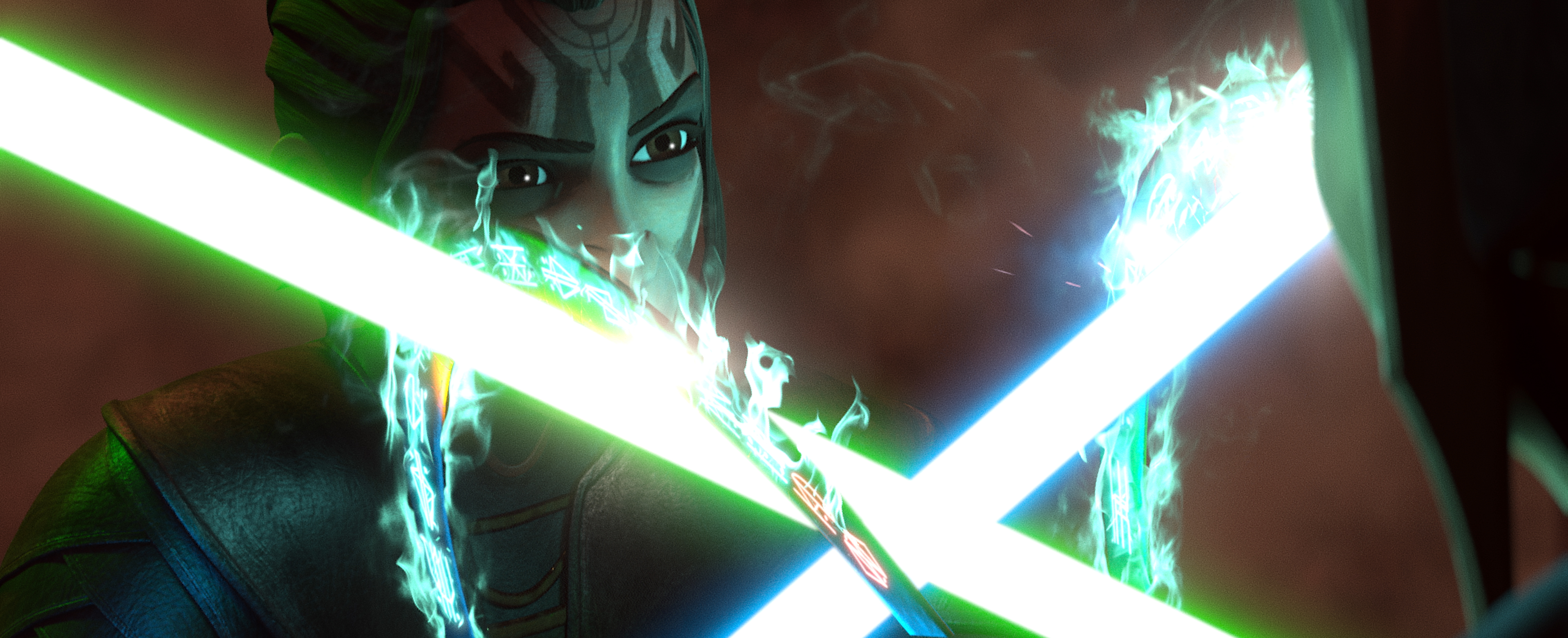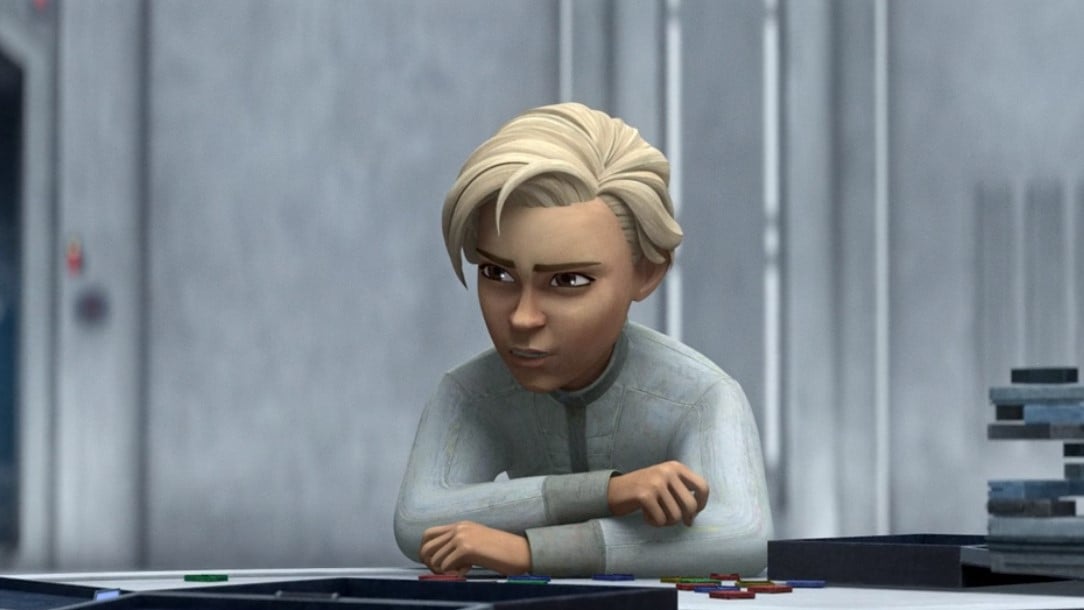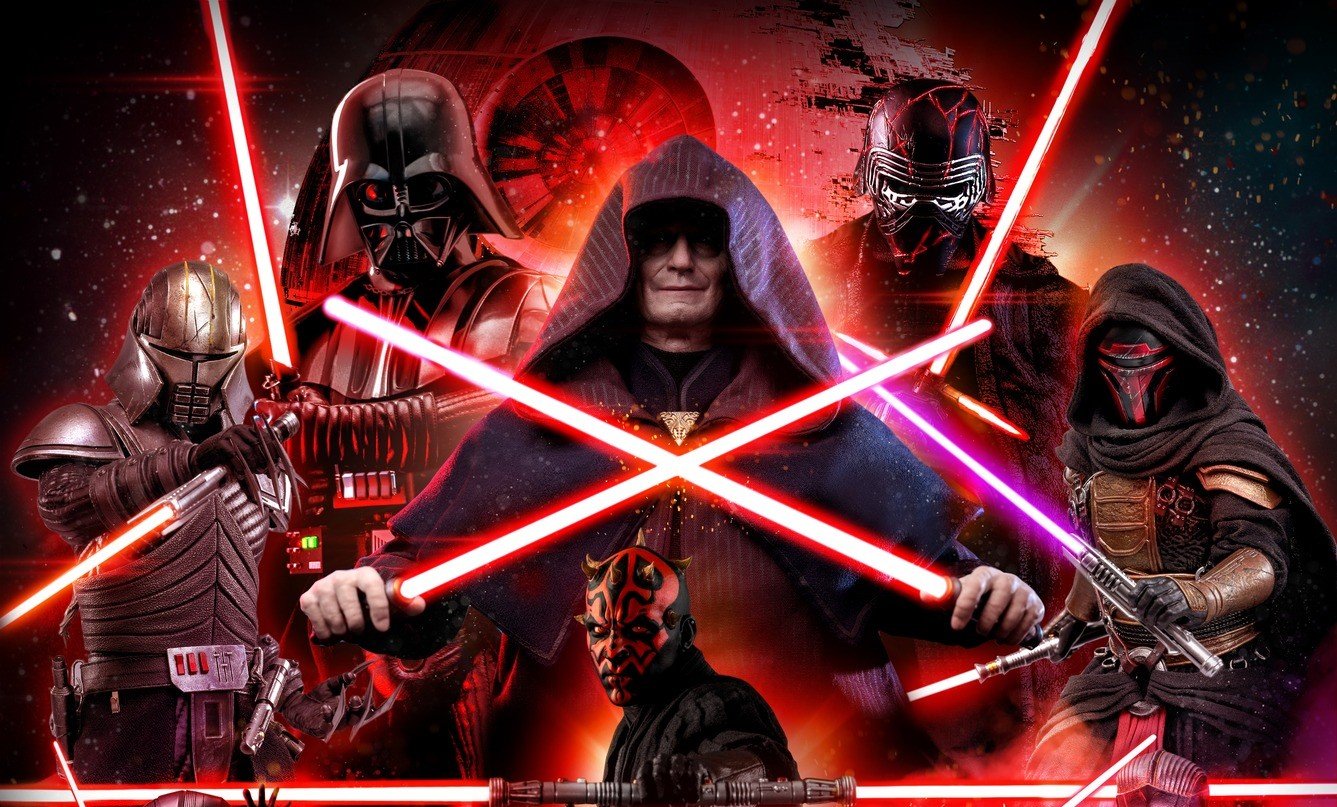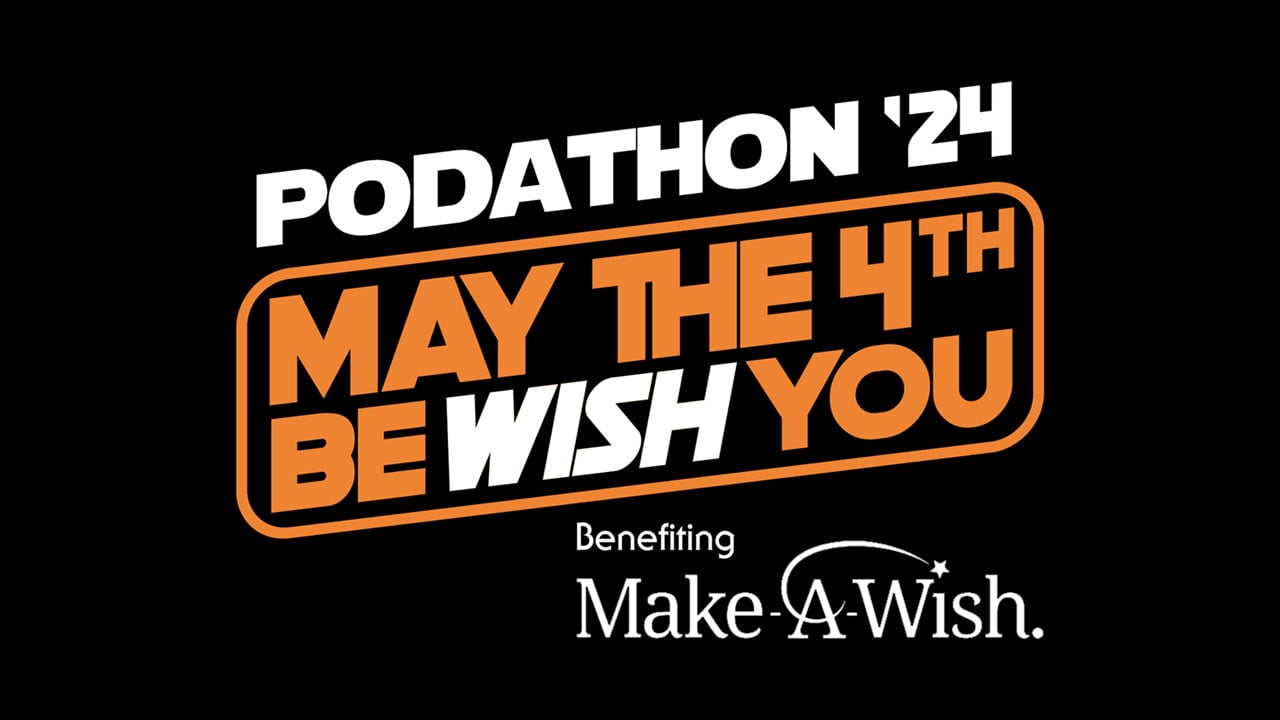‘The Suicide Squad’ Spoiler Review: From Villain to Hero
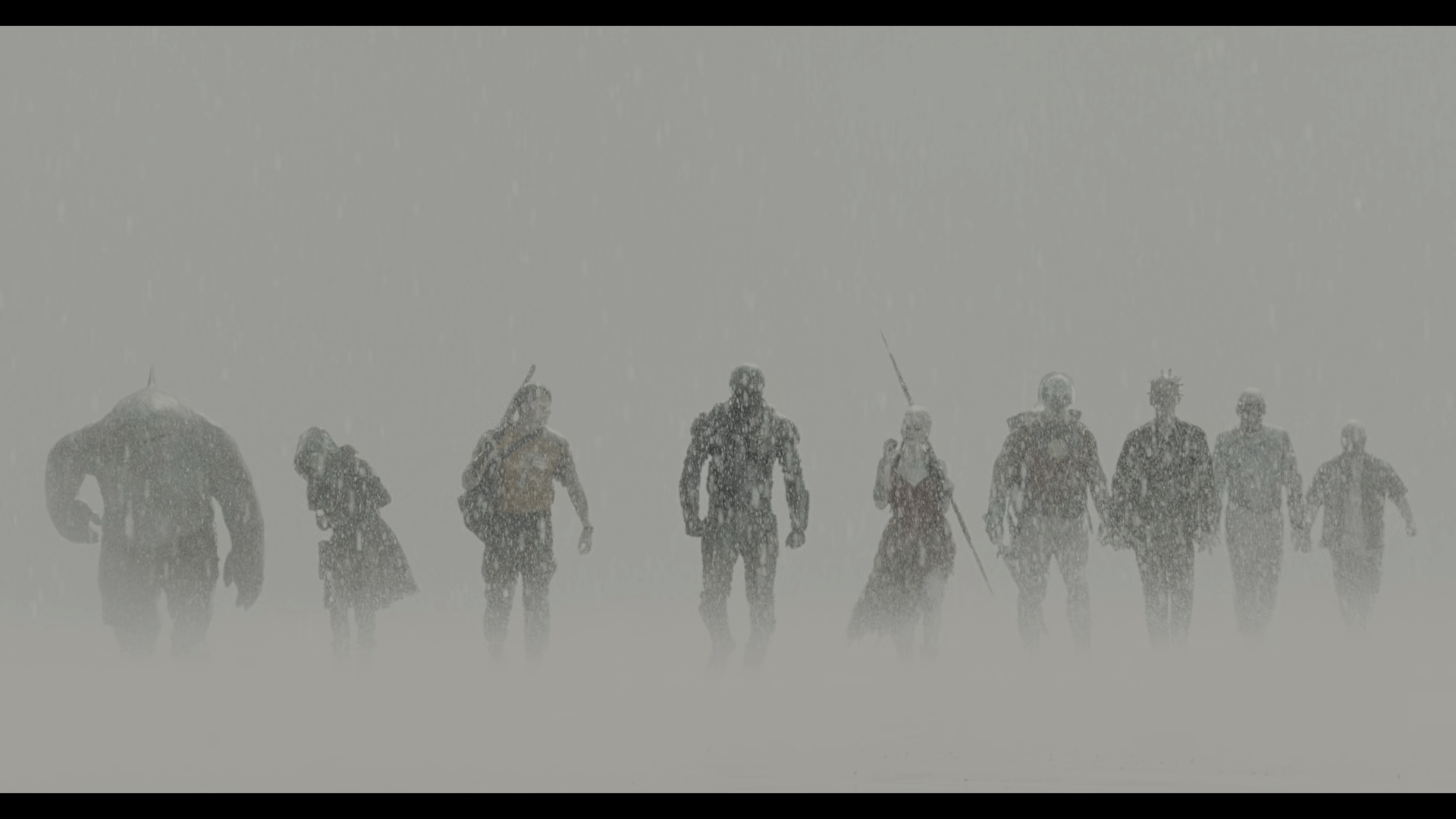
The Suicide Squad, the much-anticipated sequelboot by writer-director James Gunn, debuted in theaters and on HBO Max last weekend. Let’s now crack open the whole film.
Troma-raised filmmaker James Gunn had quite the tumble with the Disney overlords back in 2018, when he was fired over some inappropriate old tweets. I won’t get into the politics behind that whole mess, but the situation was far more complicated than a couple of tasteless jokes (look at the dude’s professional background, come on). Warner Bros. quickly jumped on the opportunity to work with the acclaimed writer-director as soon as he left Marvel Studios before returning in early 2019. Of course, he told Horn, Feige, and everyone at Disney to rework their schedule or whatever — the third Guardians of the Galaxy would have to wait, since Task Force X was waiting for its new helmer.
The Suicide Squad is a big-budget comic book film that shouldn’t work or even exist. But I’m glad it’s both a great film and one that I’m not making up. You’ve probably heard and/or read countless times over the last week that Gunn made a $200 million Troma project. They’re kinda completely right. I mean, his shameless blood-soaked romp still (purposely) feels like a superhero film at the end of the day, and he clearly doesn’t get to sh-t on American politics and international interference nearly as much as he wanted to, but it’s an oddly endearing and pulpy behemoth that very few filmmakers would be able to put together, much less get to the finish line unscathed and untouched by clueless executives. But here we are. The higher-ups at Warner probably asked for a more violent take on the IP with that “special touch” of humanity that Gunn is known for. He did exactly that, and then some.
SPOILERS AHEAD
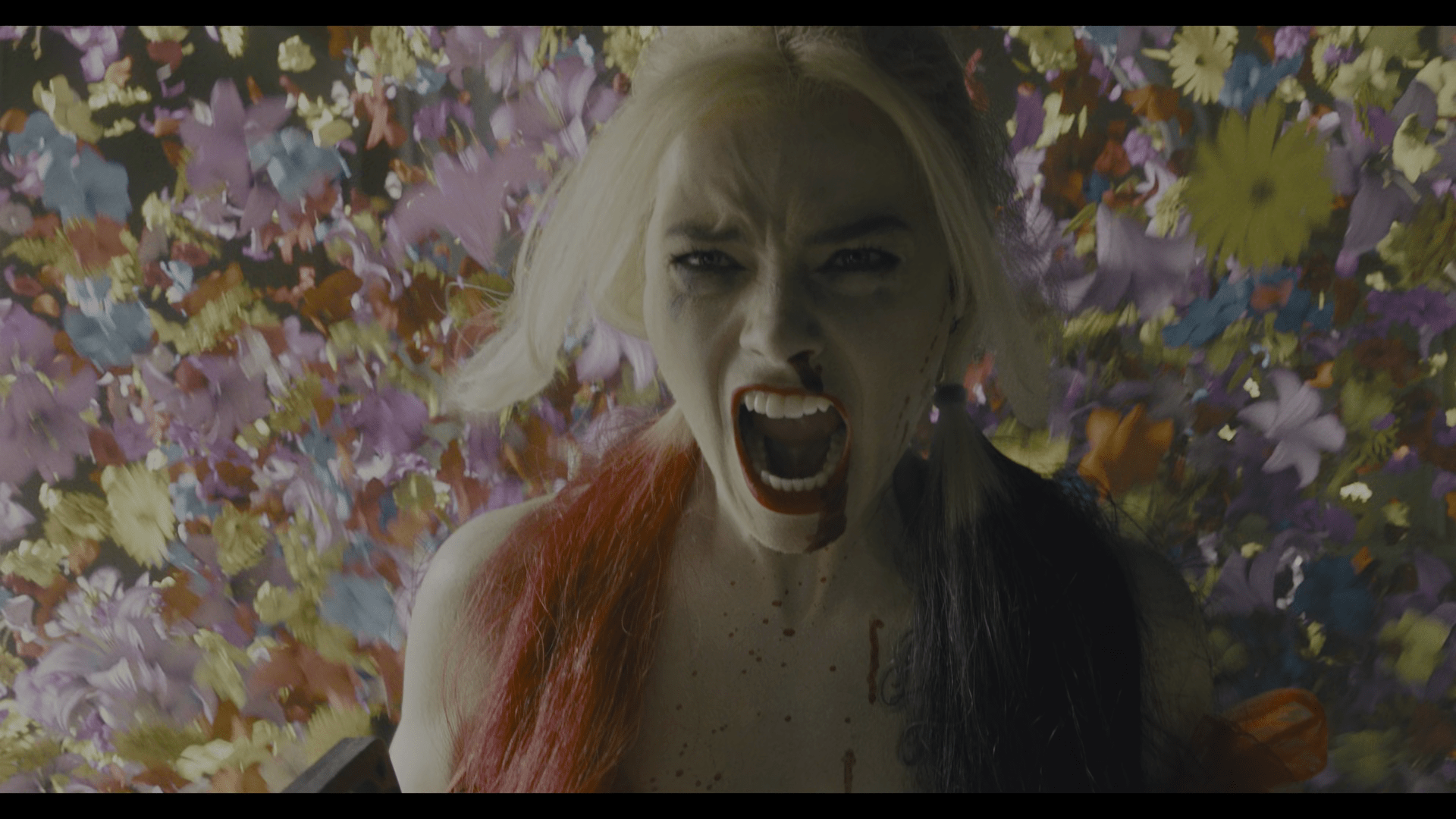
Your mileage may vary with Gunn. He has a strong personality and likes being a black sheep, especially if you look at his pre-Marvel stuff. Some folks feared Hollywood would drown out his voice. If anything, he’s now making them pay big bucks for his oddball, trauma-fueled tales of broken individuals after playing nice for a few years with Guardians of the Galaxy. If you loved his Marvel-produced adventures, but didn’t vibe with this unfiltered, very-much-Gunn adaptation, chances are you might not like his earlier work. This film isn’t doing as good at the box office as it has done with critics, but Peacemaker, a HBO Max spinoff show starring John Cena, is already shot and well into post-production, aiming for a January debut. Warner likes him, and so do Disney and Marvel, who want a Holiday Special and a Groot-centric mini-series for Disney Plus on top of the third Guardians.
One of my biggest gripes with 2016’s Suicide Squad, directed by David Ayer and reworked to death by Warner when they were trying to mimic the MCU’s success, was that the very basic premise didn’t make sense: Amanda Waller (Viola Davis) wanted a bunch of criminals to go up against Superman-level threats. In the film itself, the villain was a sorceress and some magic goons who had taken over a city. It barely clicked together in the third act, and the film as a whole was a disjointed mess with uneven character development, jumpy pacing, and terribad editing. Jared Leto’s Joker, as annoying as he was, felt like the right main villain for a coherent version of that film.
In a way, James Gunn’s installment goes big too (Starro the Conqueror takes the spotlight in the final act), but his unexpected team feels more prepared for the job, and the original mission makes sense, which is the important bit here; Waller simply wants Task Force X to blast their way through a small island country in South America in order to find and destroy Project Starfish before the new regime uses it against USA and the rest of the world (but mostly USA, you know). This premise allows the colorful cast of characters to shoot, slice, and brutalize in many other ways countless soldiers and goons in true ’70s and ’80s camp fashion. The story could’ve perfectly taken place in American soil, but that would’ve been a big and obvious no-no from Warner.
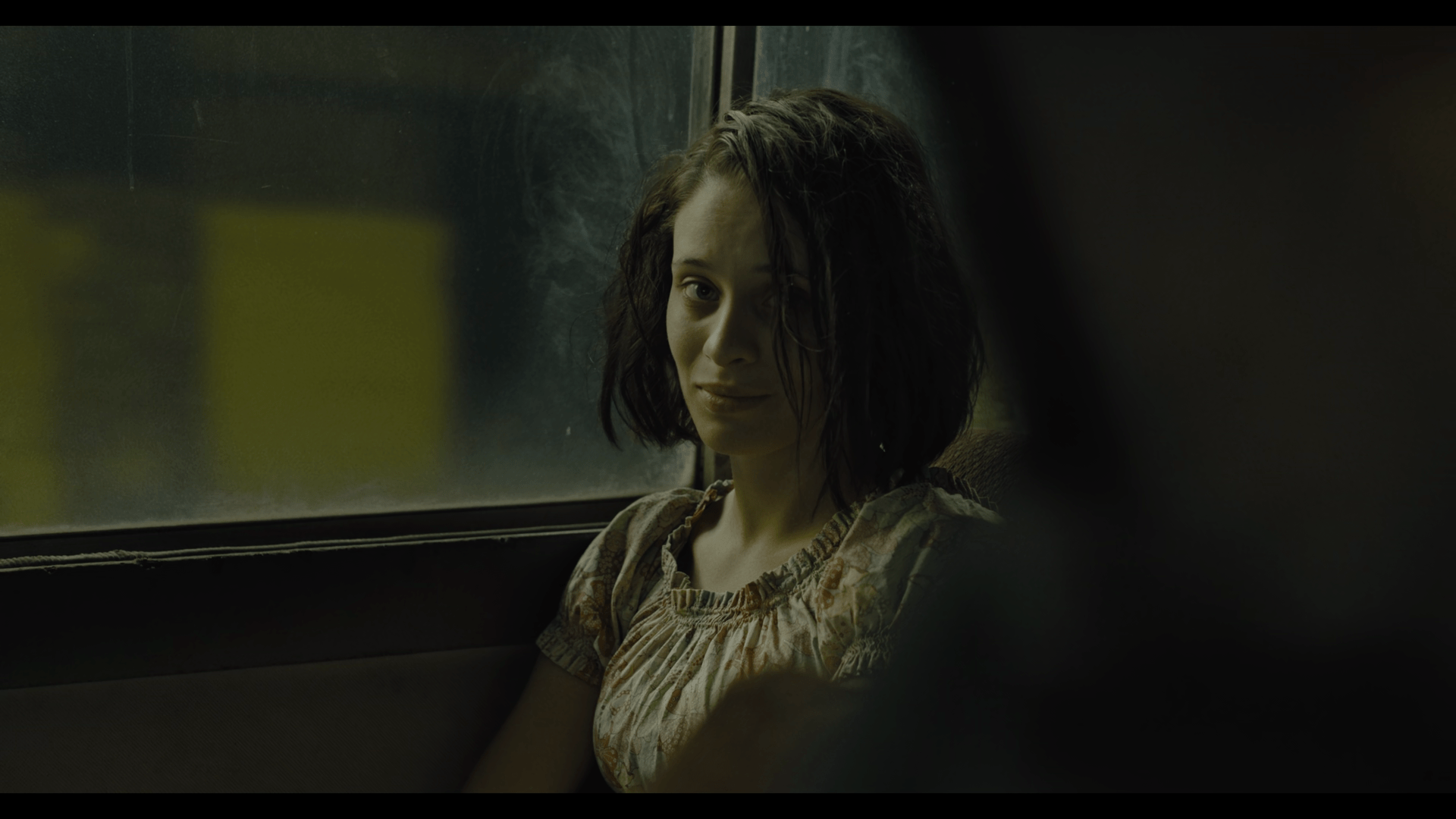
One the film’s biggest flexes during the marketing campaign has been how insanely packed its cast is. Gunn brought over plenty of friends, and many big names joined veterans from the first Squad. The first 15 minutes cull through a good portion of the roster of characters and let the viewers know this DC film ain’t pulling back any punches; it kicks off as a war film gone terribly wrong, mostly due to Amanda Waller’s twisted plans, who throws the B-listers (seriously, who are most of those guys?) against the bulk of the military forces of Corto Maltese. Even Captain Boomerang, arguably the most charismatic Jai Courtney character ever (not hard, I know), is blown to hell before the credits roll. In full Gunn fashion, the ugly marries the funny throughout the whole script — we shouldn’t laugh at many of the terrible stuff that happens in The Suicide Squad, but we do ’cause he often makes it awkward and/or absurd. You know the drill if you’ve seen his take on Guardians of the Galaxy.
Even with the other Suicide Squad dead early on, the film still has a lot happening character-wise, but Gunn somehow manages to let everyone shine and have clearly-defined and moving arcs; even Polka-Dot Man (David Dastmalchian), someone who clearly looks like a B-lister, has some amazing scenes and touching moments before biting the dust. The filmmaker has a knack for this, as most people didn’t know who the hell were the Guardians of the Galaxy before 2014 — a talking tree who knows only one word and his space raccoon pal quickly became fan-favorites and broke our hearts… several times. Needless to say, Idris Elba’s Bloodsport, a very clearly reworked Deadshot part, and Margot Robbie’s Harley Quinn have more screen time and carry more weight than other members of the team, but it’s all really well-balanced.
Elba is undoubtedly a great “tough guy” lead, but I was surprised (and I don’t know why) by how funny he was allowed to be by Gunn. The most effective narrative “mechanism” here is giving him a fear of rats, something that directly connects him to Daniela Melchior’s Ratcatcher 2, one of the standouts of the film — their personal relationship is further strengthened by their shared (separate) dad-daughter drama. It’s a shining example of smart, economic writing for a big blockbuster that is inherently an insane balancing act. In the same way, King Shark only wants to fit in and have some true friends — most of the Squad members are (at least initially) cold pros, but Ratcatcher is a sweetie and finds him endearing. Through a bunch of well-placed interactions and tender character moments amidst all the chaos, they all get somewhere. It sounds like I’m talking about basic good writing that shouldn’t be uncommon, but it sadly is unusual in big action-heavy productions, and having someone who does characters first and plot second so well yields delightful results. The Avengers films found success where many similar endeavors failed simply because of this, and many effective screenwriters can’t quite figure out that part.
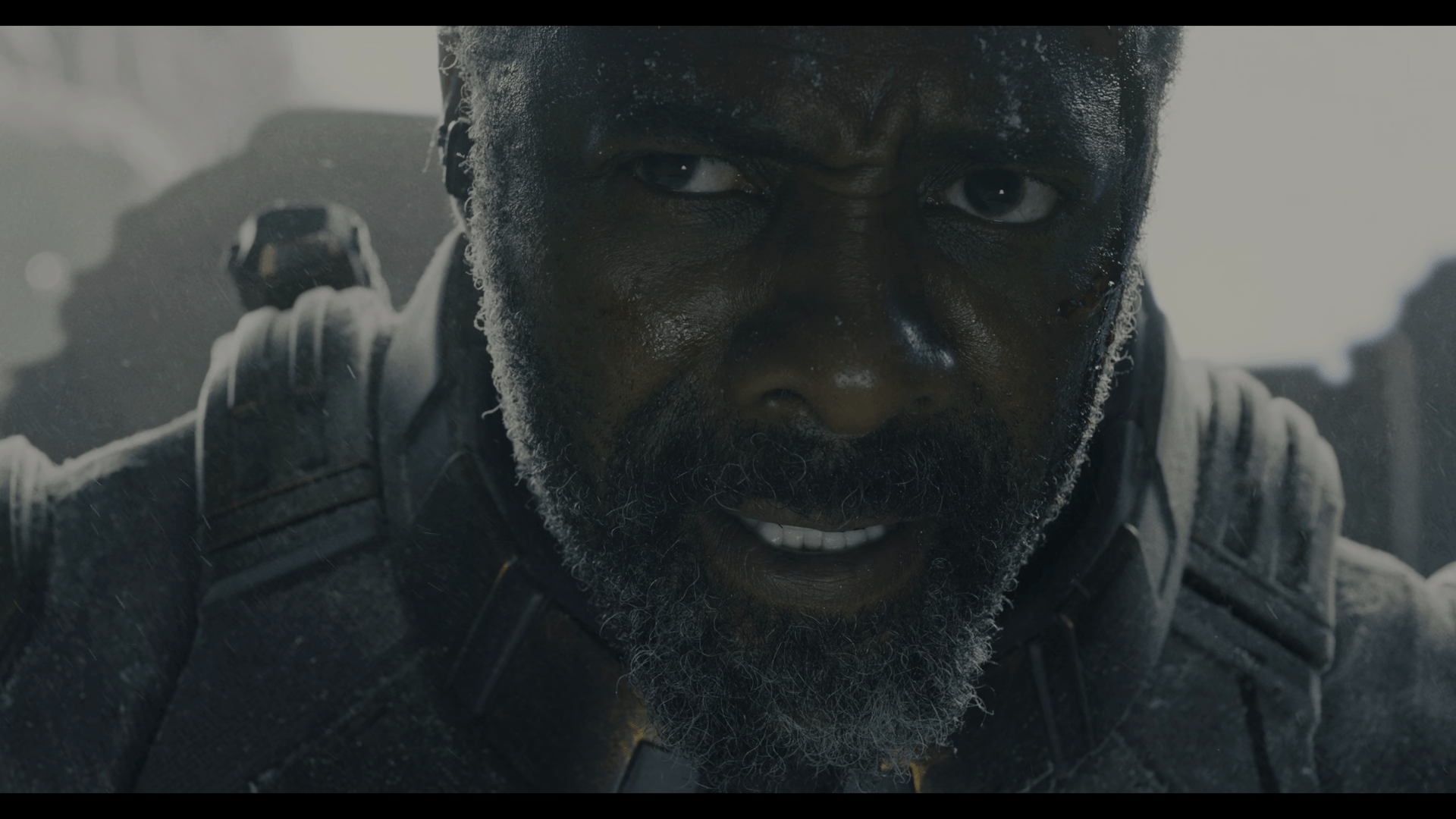
Margot Robbie also finds plenty to do in this adventure, mainly because she spends a sizable chunk of the film all by herself. She’s as wacky as expected, but it’s great to see her character grow from one film to another (let’s not forget 2020’s Birds of Prey); after dumping the Joker, she found true friendship, support, and freedom in the so-called Birds of Prey, and here her arc keeps pushing forward in new directions as she murders yet another “nice guy” as soon as she hears a couple of red flags. Furthermore, she develops true friendships with other Squad members and mostly behaves like a professional. Surprisingly, Gunn wasn’t aware of what they were doing with her in Birds of Prey as he started to write his script, but I guess Robbie, who has a strong vision for the character and even produced the 2020 film, wants to follow a certain line with her — funnily enough, the lack of a cohesive vision for the DCEU has allowed Harley to escape Gotham’s shadow and become a true antihero.
Peacemaker is another character that helps glue the whole thing together. Cena’s portrayal of the character isn’t just hilarious, he’s also a menacing force that becomes of key importance during the film’s final strides, putting Waller’s secret orders above the team’s heroic desires — they learn a terrible truth and decide to let the world know, something the US Government wouldn’t like one bit. As he clashes against an idealistic Rick Flag (and kills him) and Bloodsport, we see that he’s a guy who gets the job done, no matter how dirty it is. It’s a strong pitch for his upcoming series, which will most likely be a sequel if that forgettable post-credits scene means anything. Something breaks inside Peacemaker as he kills Flag though — he’s spent a couple of days (and even partied) with a charismatic bunch of misfits that share a fair amount of his traumas and background, and Flag is just another committed soldier trying to do his best for both the American people and the citizens of Corto Maltese. I’m really interested in seeing how he goes from being a killing machine to becoming a functioning person.
Sadly, the film’s (human) villains aren’t nearly as good as its antiheroes. I enjoyed how comically power-hungry they were, and seeing Joaquín Cosío have bad guy fun is always a treat (that bird-burning scene was so gratuitous), but they’re little more than road bumps that don’t really slow down Task Force X’s efforts, and become insignificant once Starro enters the stage and The Suicide Squad becomes a kaiju feature. That last part is kind of great, but still. To top it off, the “power to the people” bit at the end feels like a side note, and the same goes for Alice Braga’s character, who is an Expendables-level caricature of a guerrilla fighter. Peter Capaldi gets to have more fun as the Thinker, but he can’t escape exposition-heavy duties in a rougher second act, or being shuffled around as a plot device with no real aspirations before getting utterly destroyed by the giant space starfish.
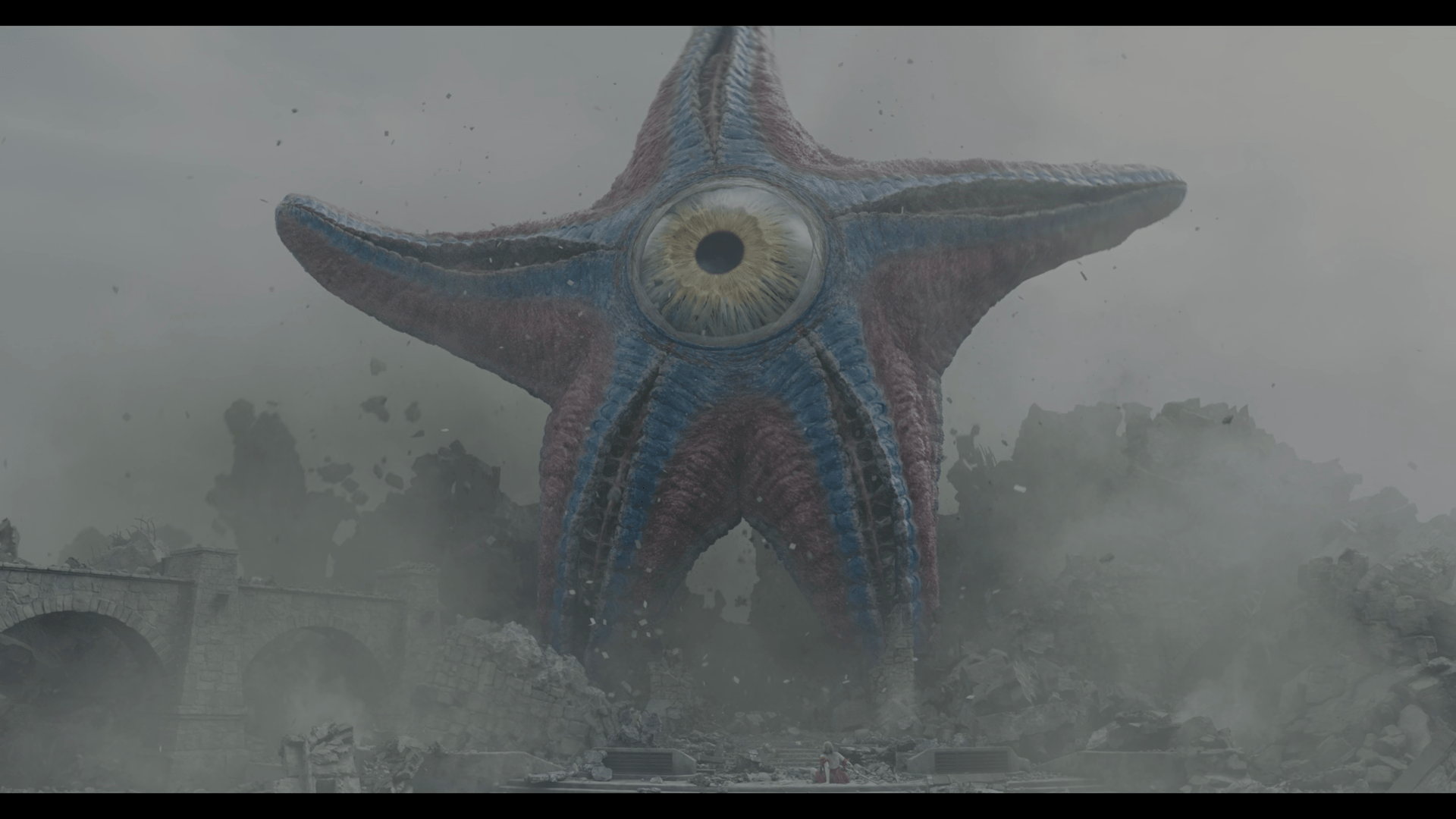
The Suicide Squad is one rewrite away from being truly all-around marvelous. It’s consistently fun, foul-mouthed, and an excellent reminder of how big-budget spectacle and strong authorial voices can be compatible. I’ve enjoyed it immensely twice already. It’s one of my favorite DC features, and one of the strongest comic book adaptations in recent memory, not to mention a true R-rated splatterfest which marries CGI violence and practical effects with amazing results. Additionally, Gunn knows how to put together a strong album of bangers that work well with what’s happening onscreen, unlike in 2016’s comedy of errors. That’s a big plus. John Murphy’s moody original soundtrack adds extra dramatic weight and tension as well; he’s an underrated composer that I’m glad to hear more from.
On the other hand, the film also shares some of the second Guardians‘ weaknesses: an unfocused second act which pampers its main characters to a fault, and color grading choices that often feel too dusty and grey-ish for no good reason. To a certain extent, Gunn pays homage to classic schlocky B-movies and retro sci-fi (and even horror), but he kept those films’ self-indulgent DNA too.
For better or worse, The Suicide Squad is a completely different beast, and I’m glad it happened and made me deeply care about this crazy bunch. At the end, the remnant members of the Squad have effectively become heroes and saved the world out of the goodness in their mistreated hearts, yet the film ends on a sad political note: the House always wins, and information can pay for freedom. The world won’t learn the full truth behind Starro’s rampage, but some soldiers get to go home.
Francisco J. Ruiz is that guy who has watched Jurassic Park a thousand times and loves Star Wars. His hunger for movies is only matched by his love for video games. He graduated in English Studies from the University of Malaga, in Spain. As he keeps writing about what he enjoys (and doesn’t) for websites all over, he’s continuing his studies.


